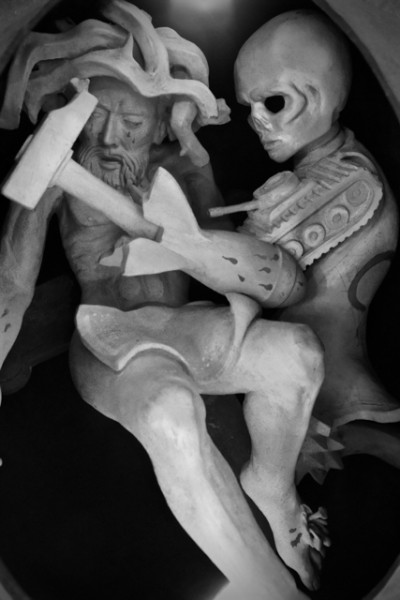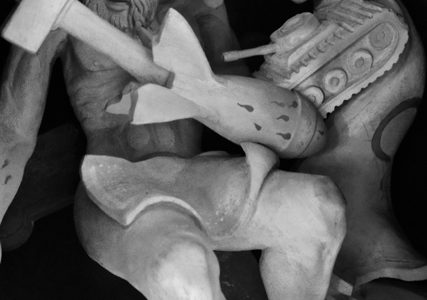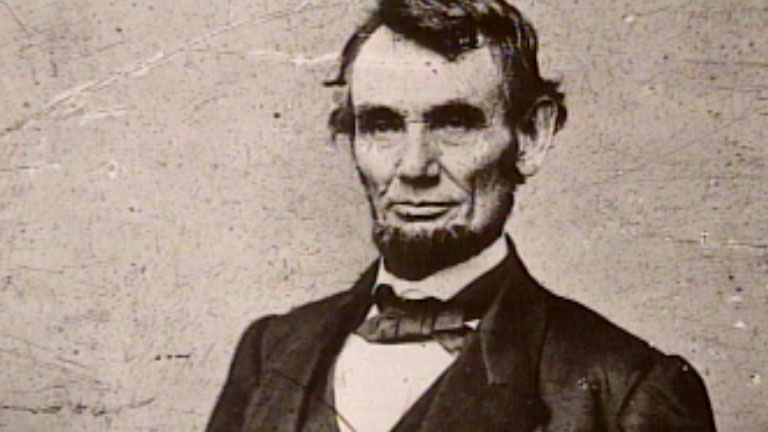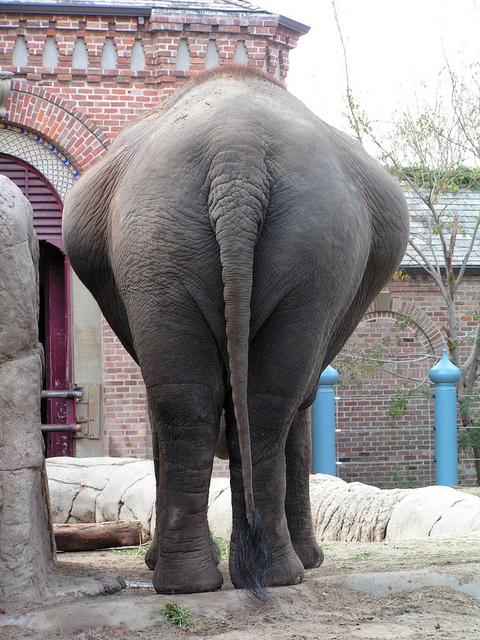
I am working my way through D. A. Carson’s How Long, O Lord? In his section on “The Suffering People of God” Carson deals carefully and gently with what I consider the heart of the problem for the suffering of the faithful. How do we know what is “discipline” from God and what is, in Carson’s wonderful phrase, “the effluent of a fallen world”? He opens this section with an extended quote from Hebrews 12:5-12 and what follows is his exposition of the passage. Interestingly enough, as was working on this post I went back to search for something on Targuman and found that I had written on this passage for Lent in 2008. For those keeping score, that was nearly 4 years before our son Mack died. At least I can claim to be consistent in my views.
His fourth point is that suffering as discipline is part of God’s “way with his people” and that “if any live without God’s discipline in their lives their status as the children of God is called into question” (he cites Heb. 12:8 in support). That alone merits a blog post to discuss, but I want to comment on what follows instead.
…it is important to see that at least some of God’s means of discipline, all designed for our good, can simultaneously be viewed as calamitous evils.For instance, prolonged suffering from chronic illness is certainly not a “good” thing, yet rightly accepted it can breed patience, teach discipline of prayer, generate compassion for others who suffer, engender some reflection and self-knowledge that knocks out cockiness and the arrogance of condescending impatience. I know couples who ended up on the mission field because they lost their children, preachers who learned to care when they were first themselves bereaved, senior saints whose Christian influence swelled enormously after they lost all of their children in tragic circumstances.I do not claim to know whether each of these instances should be viewed as examples of God’s fatherly discipline. I rather imagine that there was a mixture. It is the uncertainty of reading what is going on that sometimes breeds pain. [mfn]Excerpt From: D. A. Carson. How Long, O Lord?” Baker Publishing Group.[/mfn]
To deal with the simplest portion first, his comment that “it is the uncertainty of reading what is going on that sometimes breeds pain” is superfluous. All the examples he lists are already tremendously painful situations, the “uncertainty of reading” simply exacerbates it. Salt in the wounds is the term I would use. What rubs the NaCl deeper into the flesh is when others read it for you, explaining, as Carson seems inclined to do, that your unmerited suffering is actually sent by God to move you on to some greater work. This truly does lead to deep pain, no matter how well-intentioned.
The biggest difficulty with Carson’s exegesis is that he needs to back up one verse, to Hebrews 12:4. “In your struggle against sin you have not yet resisted to the point of shedding your blood.” This entire passage is addressing their “struggle against sin.” The trials discussed in these verses are presented by the author as evidence of God’s support of them as they seek to live a holy life (or not). The discipline is clearly placed in the context of the “struggle against sin” not the hard, real unmerited suffering that so many find in their lives. Can we consider chronic illness punishment from sin? Perhaps, if it was the result of drug use or similar abuse of ourselves, but not pancreatic cancer, the child born with a brain defect, or any number of other natural occurring illnesses that are “the effluent of a fallen world.”
So I return and hold to my comments made almost eight years ago (and long before our son died):
This is the challenge of discernment. How do we know when a hardship we are enduring is the result of God’s disciplining us, Satan trying to impede us, or simply the result that we live in a very fallen and broken world? We cannot simply throw up our hands and say, “I don’t know!” The practice of discernment requires our engagement, our deep and prayerful reflection on our life and God’s word. It is only through this sort of engagement with God and ourselves that we can hope to understand what is happening in our lives and why. If we live such a reflective life then even when we do face the deep tragedies that are unmerited and unbidden can be redeemed.





